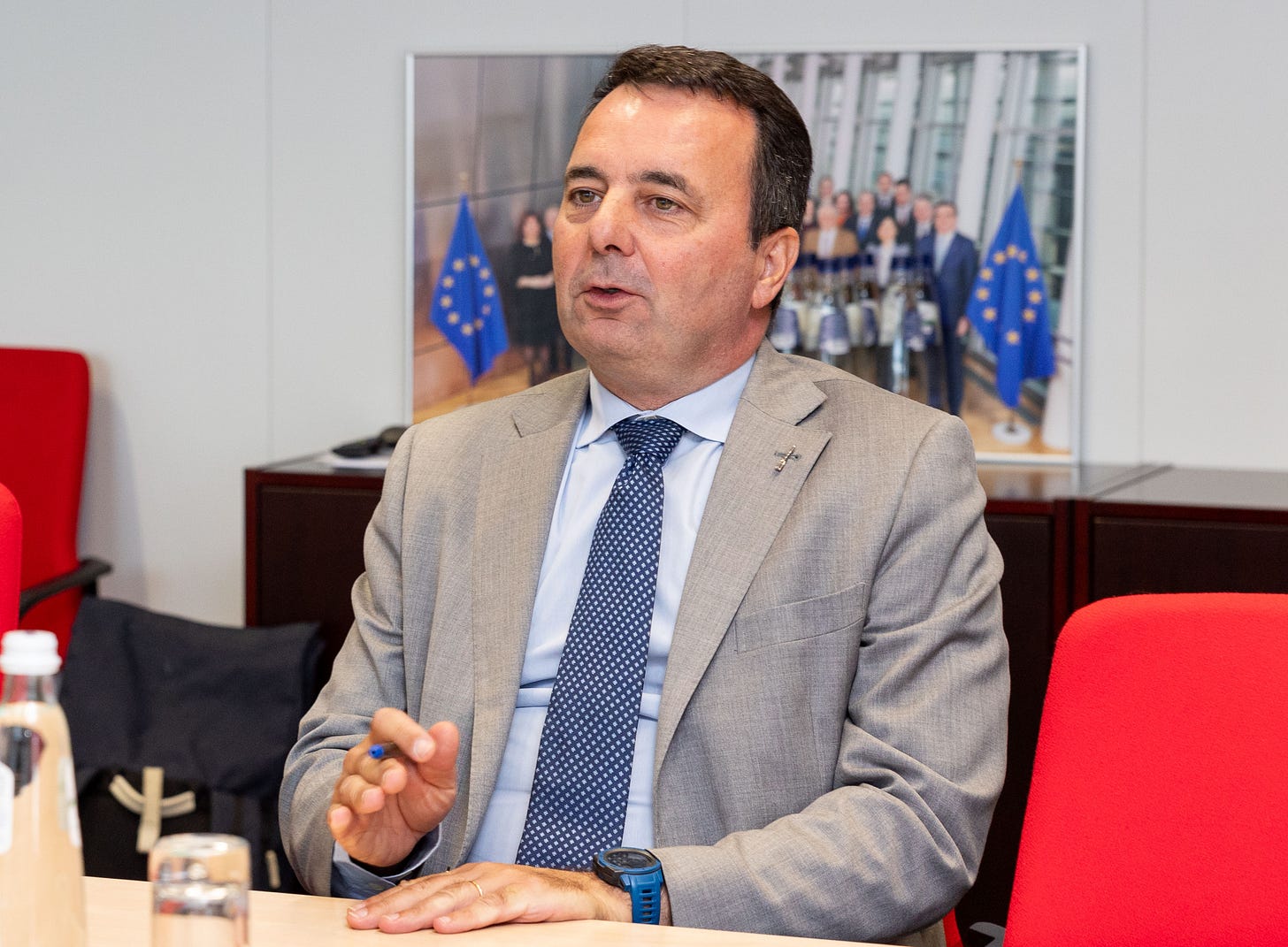Alstom appoints aerospace executive Martin Sion as new CEO

Alstom has appointed Martin Sion as its next CEO, marking the first time Europe’s largest train manufacturer will be led by an executive from outside the rail industry.
The board approved Sion’s appointment on 8 October. He brings over 35 years of aerospace experience set to take over from Henri Poupart-Lafarge on 1 April 2026.
Sion joins from ArianeGroup, where he has served as CEO since April 2023. Prior to that, he spent nearly three decades at Safran, most recently leading Safran Electronics & Defense from 2015 to 2023. The French executive also headed Safran Nacelles and held various leadership positions across the aerospace group’s operations.
The appointment comes as Alstom completes the integration of Bombardier Transportation, which it acquired in January 2021. Under Poupart-Lafarge’s leadership, the company reduced debt by EUR 2 billion and stabilised problematic legacy projects inherited in the merger.
First non-rail CEO
Sion will be Alstom’s first chief executive without prior rail industry experience. His aerospace background contrasts with competitors like Siemens Mobility, which has traditionally promoted rail industry veterans to senior positions.
Poupart-Lafarge announced in May 2025 that he would not seek re-election after nearly a decade as CEO. He will remain in post until Sion’s arrival to ensure continuity during the transition.
Alstom currently holds a 39% market share for multiple units in Europe, ahead of Stadler at 26%. The company recorded EUR 18.5 billion in revenue for FY 2024/25 and maintains an order backlog of EUR 95 billion. It operates in 63 countries with more than 86,000 employees.
Outlook
Sion’s transition period begins immediately, with the formal handover scheduled for early April. Alstom has not yet indicated whether the leadership change will trigger strategic adjustments to its current European expansion plans.
Bottom Line
The appointment may signals a shift in leadership approach for Europe’s rail supply sector. Operators and infrastructure managers working with Alstom on long-term contracts may see new perspectives on project delivery and innovation, particularly in areas where aerospace practices around complex systems integration could transfer to rail programmes.

